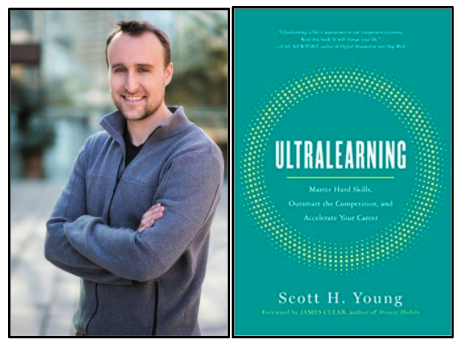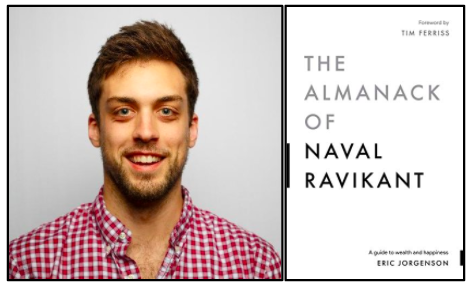Listen on: Apple Podcasts | Google Play | Stitcher | Spotify | Overcast
My guest today is James Altucher, the author of Skip the Line: The 10,000 Experiments Rule and Other Surprising Advice for Reaching Your Goals. James is an entrepreneur, angel investor, chess master, comedian, and prolific writer. He’s also the podcast host of "The James Altucher Show" which has had over 30 million downloads.
In our conversation, James shares advice on how to get around the 10,000-hour rule, how to acquire skills quickly, why you want to learn micro-skills, the value of experimenting, and much more.
TIMESTAMPS:
[00:35] - What it means to "Skip The Line"
[12:41] - Why people don't like it when you try to skip the line
[17:01] - The importance of learning micro-skills
[21:50] - Writing tip: Remove the first and last paragraph from your article
[23:52] - 6-minute networking tip from Jordan Harbinger
[27:20] - Is your network your net worth?
[32:20] - How to get around the 10,000-hour rule
[39:26] - How coming up with 10 ideas a day changed James's life
[49:26] - How James tried to buy Greenland
[51:58] - How to monetize your passion
[57:36] - Lessons from Nassim Taleb and his books
Resources:
Twitter: @jaltucher
Website: jamesaltucher.com
***
If you enjoyed this podcast, please subscribe & write a positive review.
Every week, I send out a free weekly newsletter with actionable advice from amazing books. Join 4,800+ readers here.
Connect with Alex & Books:
Twitter: @alexandbooks_
Instagram: @alexandbooks_
YouTube: Alex and Books





















